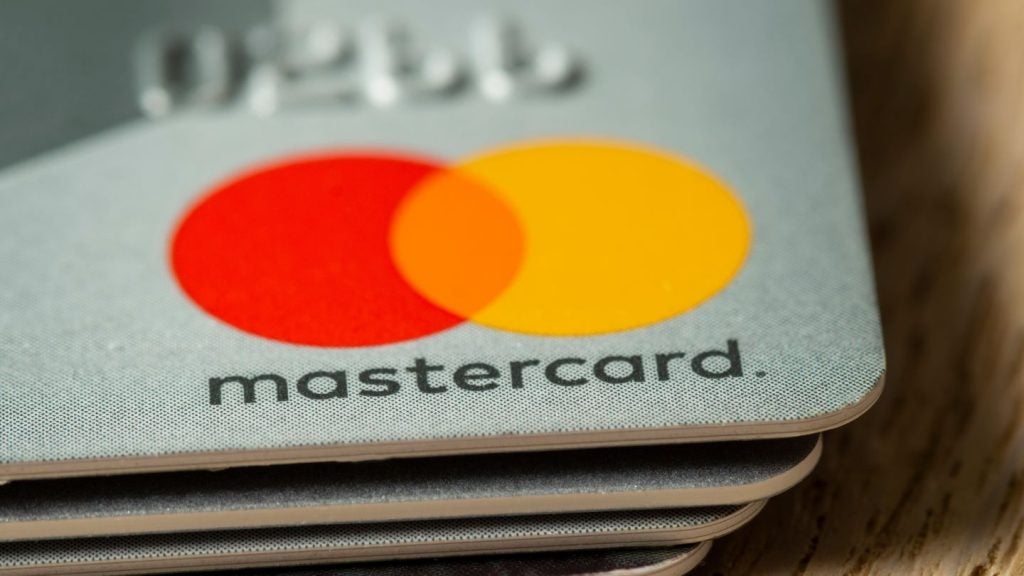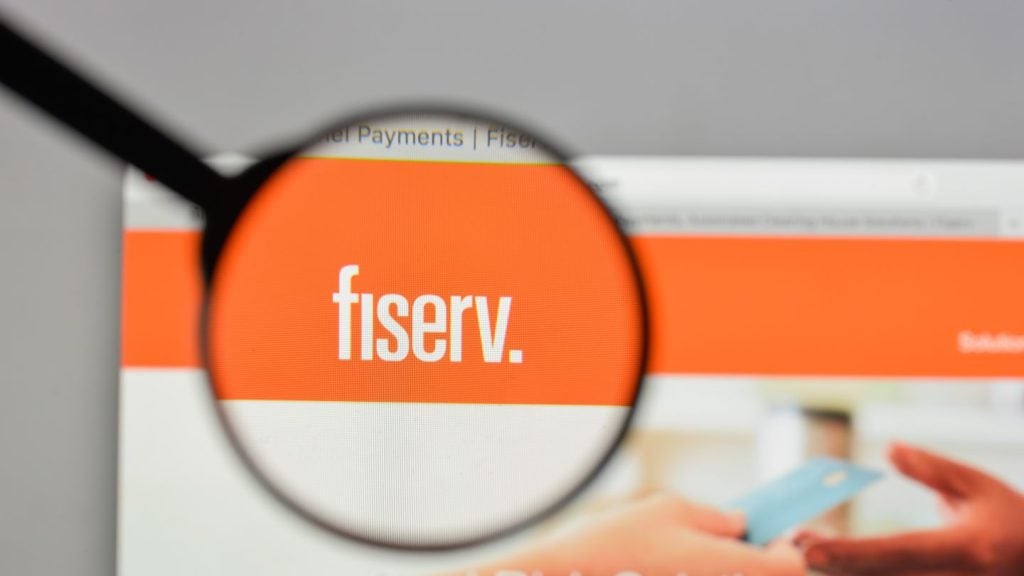Sending money abroad is a hassle. Due to outdated methods, it is costly to your time and your bank balance. New mobile app Moni is aiming to redress the balance, but what separates it from every other start-up out there? Patrick Brusnahan writes
While sending money abroad has never been considered cheap, it is more expensive than anyone truly realises.
According to research from TransferWise, the UK-based peer-to-peer money transfer service, UK consumers spent £1.3bn ($1.9bn) on hidden fees in money transfer in 2013. This is despite many money transfer services being advertised as free. It’s no wonder that international money transfer is a $600bn business.
Moni, launched in January 2015, provides the promise that every single transfer will cost less than £1, plus a 1% foreign exchange transfer fee. According to them, this can help save, on average, 79% of costs compared with transferring money through your bank or one of the main money transfer companies.
Laurence Aderemi, founder and CEO of Moni, created the app out of a personal frustration when trying to send money home to his ill mother. The process being so inconvenient and expensive, he decided to create an alternative.
Talking to EPI, Aderemi says: "The speed and the cost was eye opening. I thought: How come there are not more companies offering a better version of this service?"
He continues: "This especially relates to money transfer operators such as Western Union. I left Google in May 2013 in order to start the process of building Moni. I got together with my co-founder [Fernando Saturno] because we wanted to make something that was really simple and easy for everyone. This is not just for immigrants sending money back home, but, for example, people sending money on holiday. It’s about making it simple and easy to use for anyone sending money abroad."
The complex process is made remarkably simple through the Moni app. It syncs your phone’s address book so it already has all of your contacts.
From that point, it’s a matter of choosing the amount and the currency of the money you want to send and it automatically does the rest. The recipient decides whether they want it in their bank account or a mobile wallet.
Your entire transfer history is saved so it can be kept track of. Both the recipient and the sender can cancel the transfer in case of mistakes. There is also a time limit in accepting the transfer, particularly with cross border transfers, as the app needs to hold the exchange rate.
The amount of countries in which the app is available is currently at 58 with the plan for the total to be at 100 by the end of next quarter. The currencies utilised in these countries are all available in the app.
While most of the countries available are in Europe and North America, somewhere that Aderemi feels Moni can make a real difference is in developing countries, particularly within Africa. According to the World Bank, if remittance fees were the worldwide average of 5% in Africa, it would lead to an extra $4bn into African family budgets.
Moni is working with telecommunication companies in the region to bring cheaper transfer services and, in turn, improve people’s living standards. On a blog on Moni’s website, it states: "Where necessity and sufficient incentives are in place, adoption of mobile financial services can happen quickly. This also dramatically lowers the cost of transferring money, pushing people closer to financial stability and out of poverty."
How can something as complicated as cross border money transfer be simplified to this degree?
Aderemi explains: "The way that our model works is fairly unique. What we do is we partner with banks, let’s say, ING Bank. ING has a corresponding network in Poland and in the UK and I ask them to open an account here in the UK and one in Poland.
"Then, I give instructions that I want to send £100 to Poland. That money never leaves London; they give instructions to the Polish subsidiary to move the money through a domestic network. At the end of the day, the Polish arm radios London saying that they owe £100 and they do something known as a box switch. That’s the clever way and how we’re able to do it quickly and efficiently; the money isn’t actually moving cross border."
Mobile is a topic that Aderemi has been thinking about for quite some time, even before he became the head of mobile partnerships at Google in 2010, and this has led him to focus on that market.
He says: "Mobile is something that is very close and dear to me. I’ve been thinking about the impact of mobile on everyday life and specifically how it affects our daily lives. You can see we live in a mobile-centric world. Just within our generation, things like Blockbusters, HMV and Borders; these are all strong brand names on high streets that were cannibalised by digital and mobile.
"Specifically relating to mobile finance, every bank now has a banking app and people look at their banking app three times a week but they go to a bank branch once every three months."
However, with the launch of anything, there are struggles. Aderemi identifies two key ones. He says: "The first is regulatory, licenses, making sure that your KYC and anti-money laundering policies are up to scratch.
"The second is working with multiple financial institutions; you always have to go through rigorous testing. Those are the challenges we have, but every start up that is in fintech has these types of challenges."
It’s interesting the cooperation between Moni and banks, considering that Moni is working itself into the banking sector’s market share. Aderemi believes that banks do not have much of a choice.
He says: "I have a theory. Banks will become pipes like telecommunication companies. Look at the value chain now; before, if you wanted to do anything on mobile, you would have to go to the operator and negotiate a deal over 9-10 months. Now, if I want to get something on mobile, I go to the Google Play Store and I don’t have to talk to anyone.
"I can see a future where banks become like Apple, which is a platform. Start ups come, they build solutions, they pick the ones that they like, they let them do all the customer acquisition and they charge a fee for letting them use their pipes.
"Every day, you hear about banks closing their branches. Their footprint is getting smaller. The bank has to respond to this. They can keep their offering, but, if I was a bank, I would tell all of these start-ups to work on my platform. I get 30% revenue share, but I just maintain the infrastructure. That’s the way the smart banks are going to go. The not smart banks will try to keep hold of everything and they won’t be around much longer."
Despite the advantages of using Moni, it is hard to change people’s habits. People who use services such as Western Union will probably continue to do so.
In terms of who Moni is marketing, Aderemi concludes: "I think the majority of the people using our app are the people who actually used to use Western Union. They don’t want to stand in a queue and they don’t want to play around with their cash. They just want to send it from a mobile device in a way that’s safe and secure. All the old money transfer stuff, I have no idea how it







